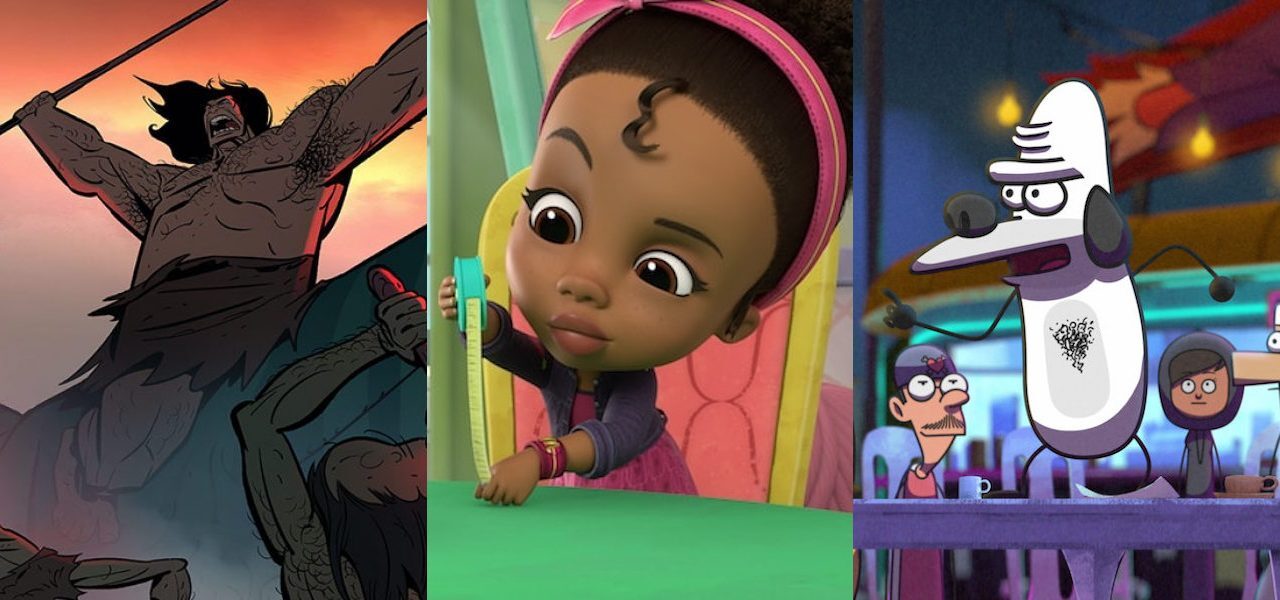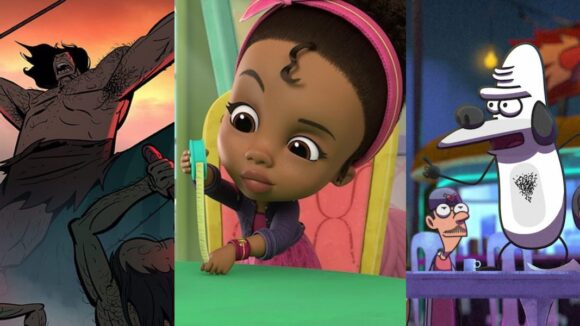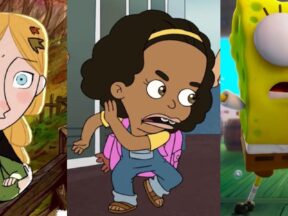

Here’s The Biggest Animation News You Missed In September
Warner Bros.’s Tenet, the canary in the box-office coalmine, has passed $41 million in domestic U.S. earnings in its fourth week. There’s no comparison for that number — there’s no precedent for a tentpole release in a pandemic — but rival studios’ reactions speak for themselves. A slew of blockbusters that were due in the fall have been delayed once more, including at least one animated film: Sony’s Connected.
It’s now all but certain that October will pass without a major new animated feature in U.S. theaters (although Netflix subscribers will get to see Glen Keane’s Over the Moon from October 23). But even as the pandemic rages on, the resilient animation industry is looking ahead to better days. September was a month of exciting announcements — important new films, hirings, partnerships, and studios were all unveiled. Let us refresh your memories…
Release dates continued to change. Sony’s Connected, which had been positioned as the next tentpole animated feature to hit theaters, was delayed from October 23 to an unconfirmed date later in the year. Rumors circulated that Pixar’s Soul will move to Disney+; for now, though, it’s still scheduled to get a theatrical release on November 20. Universal, reportedly confident that Soul will move, has brought Dreamworks’ The Croods: A New Age forward to November 25. All the reshuffling has resulted in a unique scenario: as things stand, Disney will release four animated features in three months next year.
Studios and showrunners expanded their focus on diversity. Netflix hired Kevin Clark, an experienced consultant on diversity and inclusion in children’s media, as its first director of preschool animation. Musa Brooker, a veteran animator and filmmaker, was named creative director at L.A.’s Six Point Harness — “Diversity is one of the things I love most about Six Point Harness,” he said. Amid the ongoing debate about race and voice casting, characters of color were recast in Big Mouth and Central Park, followed by Family Guy and The Simpsons.
Netflix continued to expand, causing some friction. Its resistance to new production quotas in France drew criticism from unions, which pointed out that the streaming giant has done very well out of the pandemic. The company signed a groundbreaking five-year deal with Saudi studio Myrkott, creators of the hit Masameer franchise. Meanwhile, Netflix leased a whopping 171,000-square-foot space in Burbank for its young U.S. animation studio.
The Emmys were held (online). For the second time, Adult Swim’s Rick and Morty won the Primetime Emmy for best animated program; Netflix’s Bojack Horseman ended its run without ever winning an Emmy. Pixar’s Toy Story 4 spinoff Forky Asks a Question won for short-form animation. The Juried Emmys loved Adult Swim’s dialogue-free Primal, giving it three prizes.
Disney revealed a sequel to last year’s The Lion King. Oscar-winning filmmaker Barry Jenkins will direct in his animation debut.
Microsoft announced plans to buy gaming company Zenimax Media for $7.5 billion. The company owns popular franchises like The Elder Scrolls and Fallout.
Revered animator Don Bluth launched a new venture, Don Bluth Studios. The studio aims to usher in “another renaissance of hand-drawn animation.”
Nickelodeon pulled the premiere of preschool series Made by Maddie. The show had been criticized online for closely resembling the Oscar-winning short Hair Love.
(Image at top, left to right: “Primal,” “Made by Maddie,” “Masameer — The Movie.”)




